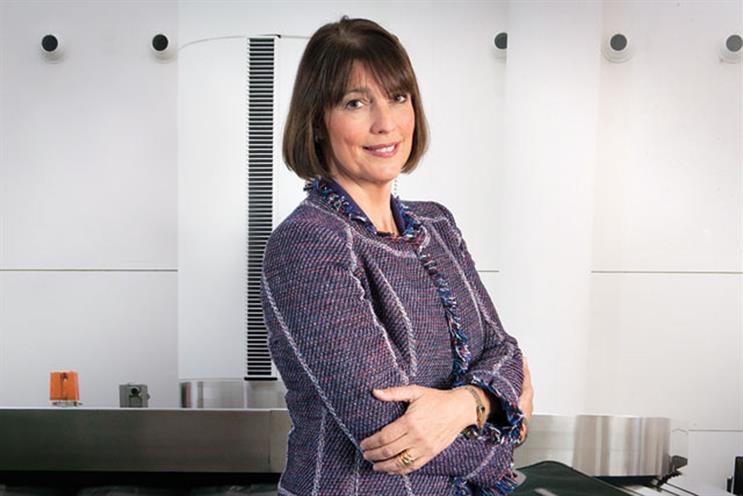
Carolyn McCall’s comments, to an audience at the Mumstock conference in London, came at the end of a month in which United Airlines’ forced removal of a passenger at O’Hare airport in Chicago – and the perceived inadequate response of its CEO Oscar Munoz – dominated discussions about customer service and corporate communications.
"If we’ve done something wrong, we will apologise and try to always put it right quickly," she said. "We would never defend or try to obfuscate what we’re doing. That transparency and honesty is very important – it’s very much part of our brand values."
McCall said that easyJet would always aim to have "clear blue water" between it and its chief rival, Ryanair, in terms of its service proposition. EasyJet’s product was a combination of its route network and service, she said.
"We are number one because we fly to primary airports, whereas Ryanair don’t. But most critically, there’s a huge difference in our service proposition – that makes us more than a commodity.
"One of the clear things we’ve set up to do is create brand affinity. Seventy-five per cent of people who’ve booked with easyJet this year had already booked with us last year. That is formidable."
Ryanair has improved its service proposition in recent years, after CEO Michael O’Leary decided it was time for the airline to start "being nice to people".
While insisting easyJet was "probably five years ahead" of its competitor, McCall applauded the changes made by the Irish airline. "We’ve changed the way they behave with customers," she said. "It’s actually better for the sector, there are benefits to them emulating what we’ve done for customers."
McCall revealed that she spends at least 20-25% of her time talking to customers and staff. "As a CEO of a consumer facing business, you’ve really got to like your customers and your people.
"When I’m with them I try very hard to listen, to actually hear what they say. They will always tell you what’s wrong, what’s not working. It’s fantastic to be able to do that so viscerally."
And she argued that for marketers, it was critically important to build relationships with "allies" across their company, particularly in finance, to ensure colleagues understood the importance of their contribution to the business.
"Marketers have to be very clever about how they’re spending money, and they have to include the finance departments in understanding why it’s so important to the business – explaining how conversion works, how some of the intangible benefits you’re going to get work in addition to the ROI," she said.
"It’s incumbent on marketers to make sure that you have allies across the company so that people are going, ‘that’s brilliant, I didn’t realise it was going to do that for us’."




.jpg)
.jpeg)
